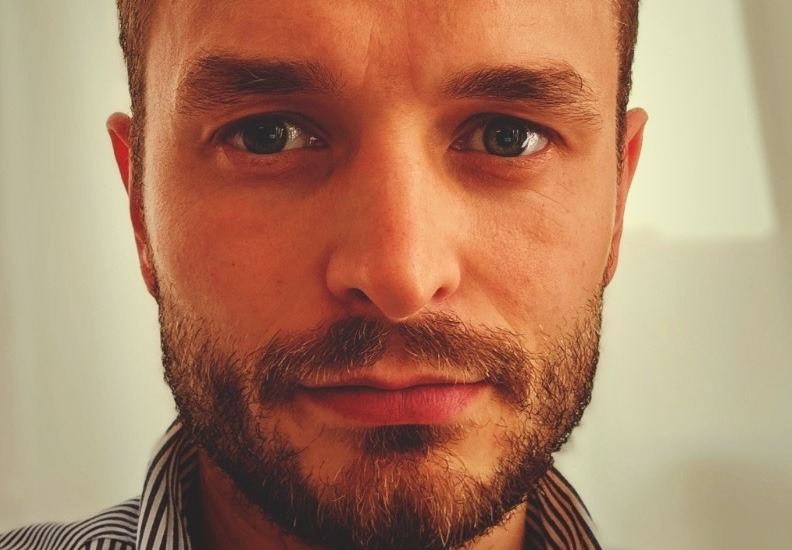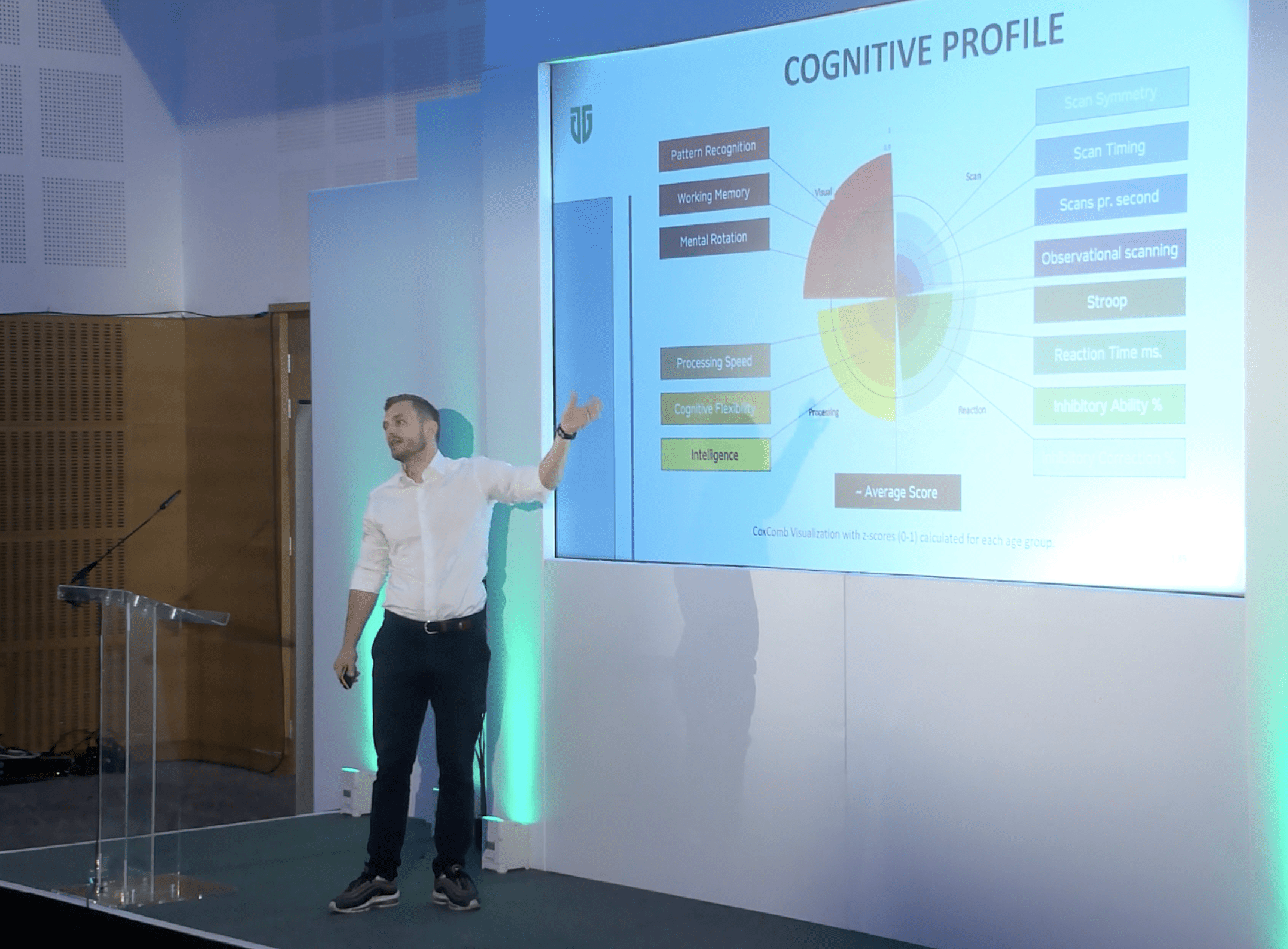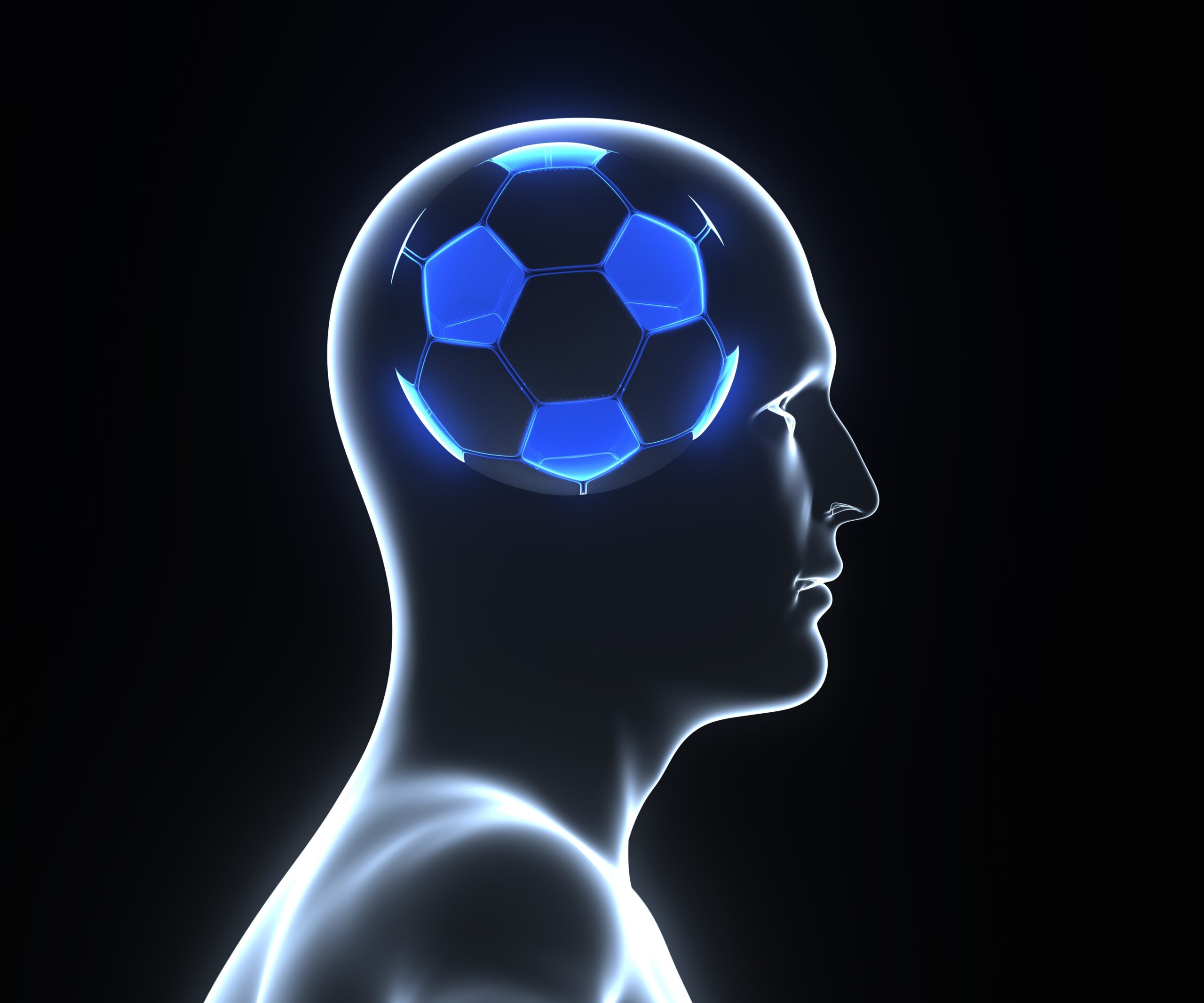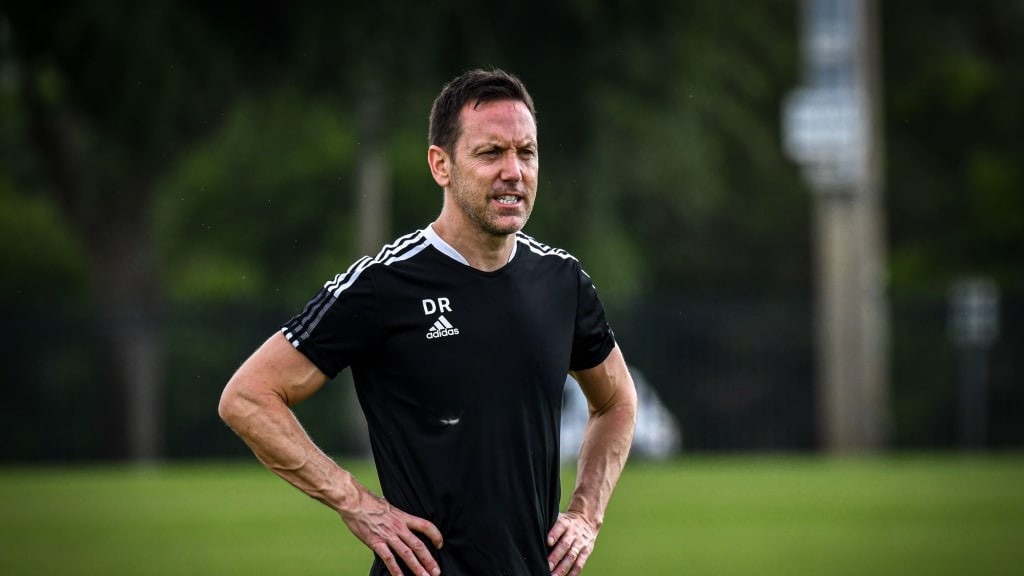
Jes Buster Madsen: Why cognition is about more than just scanning
Written by
Training Ground Guru
July 9, 2025
Leading neuroscientist Jes Buster Madsen says football has become too preoccupied with scanning, when it is actually just ONE part of the cognitive process.
Scanning is when a player gathers information away from the ball in order to help themselves perform an action when they have the ball.
You can watch Jes Buster Madsen’s whole presentation (and read a transcript) if you are a TGG Member. There are lots of other benefits of being a TGG Member:
-
Masterclasses & Webinars: Including the recent Scouting & Recruitment 2025 Webinar. Purchased individually, they would cost more than £500!
-
Academy Productivity Rankings: Unique research you won’t find anywhere else.
-
Club Directory: A cornucopia of valuable information, including more than 1,000 first-team staff profiles.
-
Personal Profile: Your chance to showcase yourself to the rest of the football industry by building a content-rich profile.
-
TGG Live 2024 Videos: Watch presentations from our industry-leading Conference.
Professor Geir Jordet, the world-leading authority on scanning, has defined it as “a body and/ or head movement in which a player’s face is actively and temporarily directed away from the ball, with the intention of looking for information that is relevant to perform a subsequent action with the ball.”
However, Madsen, who is now the Director of Football and Data Science for the Saudi Pro League, says it is important to look at ALL elements of the cognitive process.
In a recent paper, published in Frontiers in Psychology, he has developed a general model of the cognitive processes involved in playing football at elite level.
The model is intended to “describe the processes that happen in the brain when you’re playing football.”
There are three main stages of cognition in the model:
- Pre-processes of decision making (assessing the play)
- Executive functions (action selection and execution)
- Feedback loop (assessment of outcome and feedback)
Madsen has been researching the role of neuroscience in football for several years, even before he became Head of Research and Innovation at FC Copenhagen in August 2021.
Speaking at TGG Live 2024, the Dane explained why it was important to understand all the stages of cognition and not just scanning. TGG Members are able to watch the whole presentation and also read a transcript.
“Currently, there’s a lot of focus on scanning,” Madsen said. “A lot of research has been done on that and I think the research is phenomenal. But what we’re trying to say is that scanning is just one part of the cognitive process.
“Scanning is not ALL cognitive functions. If you don’t have attention that’s primed in the correct direction, then why are you scanning? If you don’t have pattern recognition that’s trained to look for the things you’re supposed to see, why are you scanning?
“Geir Jordet – I have a lot of respect for his research – was focused on players receiving the ball. And a lot of the time that was with their back to the goal.
“And he did that because that was the best way to measure it from a scientific point of view. But, at least in Denmark, this made a lot of coaches make players receive the ball with their back to goal.
“You played the ball and then they said, ‘Right, left, scan, receive the ball.’ But they’re just replicating a scientific method, they’re not replicating the game. So it’s not a good way to train it.”
Madsen said looking at scanning in isolation, without reference to the other elements of cognition, could sometimes be meaningless.
“With this (cognitive) model, we could say, ‘They need to know what they’re looking for when they’re scanning,’” he explained. “So we would create what we call intentional scanning.
“First of all, we have what we call unconscious pre-processing of the environment. That would be scanning and attention to relevant stimuli.
“The reason why attention and scanning are important to put together is that you can look at something but not really see it.
“Attention allows you to actually see the things you’re looking at. So the priming of attention is extremely important for coaches if they want players to look at the things they’re interested in.”
Madsen has developed a cognitive assessment tool, to assess players and gather data about cognition. He has found that cognitive processes differ between positions, but that “in general, the best players tend to have the best cognitive scores.”
And the Dane said that the coach is still crucial in introducing an understanding of cognition to player training and development.
“The coaching staff is the most important thing in all of this, because I’m not doing the training, I’m not doing the feedback, I’m not doing the exercises,” he said.
“They have to understand this, they have to buy in on it. Four times a week we have individual training sessions and we’ve added cognition to those.
“The biggest mistake I’ve ever made was that in my first year I gave the coaches exercises and they hated them. I understand why – because they sucked, because I’m not a football coach.
“And then we ended up saying, ‘Okay, you make it, I’ll just give you the coaching points.’ And now they created a bank of great exercises that have aspects of this related to our style of play.
“In the end, the point is to make better decision making. “
Follow Us
For latest updates, follow us on X at @ground_guru




